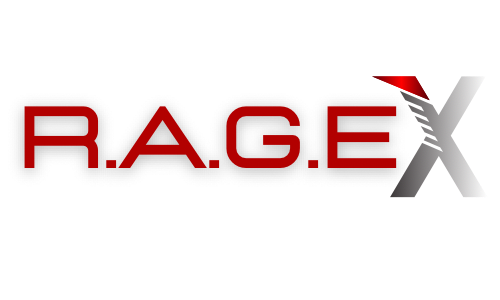Sweden’s historic move to join the North Atlantic Treaty Organization (NATO) signifies the end of its 200-year-long stance of military neutrality. Initiated in the wake of the Russian invasion of Ukraine, this pivotal decision was propelled by a paradigm shift in public opinion and political consensus within the country. Traditionally, Sweden’s policy of neutrality was a cornerstone of its foreign and defense policy, designed to keep the nation out of conflicts. However, the evolving security landscape in Europe, particularly the aggression displayed by Russia, prompted Sweden to reevaluate its position. This report delves into the reasons behind Sweden’s decision to join NATO, its contributions to the alliance, and the broader implications for Swedish defense policy and regional security dynamics.

The Path to NATO Membership
Sweden’s journey towards NATO membership marks a significant departure from its 200-year history of military non-alignment. This historic shift was catalyzed by the security concerns in the Baltic region, particularly following Russia’s full-scale invasion of Ukraine in February 2022. The decision to join NATO, taken together with Finland, reflects a strategic reassessment of Sweden’s security policy in the face of evolving geopolitical threats .
Overcoming Diplomatic Hurdles
The accession process encountered diplomatic hurdles, particularly with Turkey and Hungary. Turkey’s demands for Sweden to take a tougher stance against Kurdish militants and individuals Ankara associates with the 2016 coup attempt delayed the ratification process. Sweden responded by tightening its laws against membership in terrorist organizations and adjusting its arms-export policies, moves that were pivotal in securing Turkey’s eventual ratification of Sweden’s NATO membership . The Turkish Parliament’s Foreign Affairs Commission’s approval of Sweden’s bid was a crucial step towards enlarging the alliance, despite Ankara’s demands for security-related concessions from Stockholm .

Sweden’s Contributions to NATO
Sweden’s military capabilities are robust and diverse, including the deployment potential of about 50,000 troops and a modern Air Force equipped with over 90 JAS 39 Gripen fighter aircraft. The nation’s strategic geographic position and its naval strength in the Baltic Sea are significant assets to NATO. Moreover, Sweden’s commitment to increase its military budget to exceed NATO’s target of 2% of GDP by 2024 underscores its readiness to contribute to the alliance’s collective security objectives .
Implications for Regional Security
Sweden’s NATO membership transforms the security landscape of the Baltic Sea region, effectively turning it into a “NATO Lake”. This expansion of the alliance is not only a strategic deterrence against potential aggressors but also enhances the collective defense capabilities of NATO member states in the region. The accession signifies the integration of Sweden’s defense policy within a collective framework, marking a shift from a national defense strategy to a commitment to collective security .
The Future of Swedish Defense and NATO’s Collective Security
Sweden’s integration into NATO necessitates adaptations in its defense strategy, particularly in terms of interoperability with NATO forces and contributions to collective defense efforts. This includes potential roles in supporting allied territories and participating in joint military operations. The broadening of NATO’s footprint in the Baltic Sea through Sweden’s membership strengthens the alliance’s northern flank, offering a more cohesive and unified defense posture against threats .
Sweden’s accession to NATO is more than a mere alteration of its defense policy; it is a significant geopolitical event that reflects the changing dynamics of international relations and security concerns in the 21st century. By joining NATO, Sweden not only enhances its own security but also contributes to the stability of the region. This move, born out of necessity in a rapidly evolving threat environment, signifies a collective defense posture that stands in contrast to its long-held stance of neutrality. As Sweden integrates into the NATO framework, the implications for regional power balances, military strategy, and national identity will be profound and enduring. This historic shift underscores the importance of adaptability and unity in the face of emerging global challenges.

















